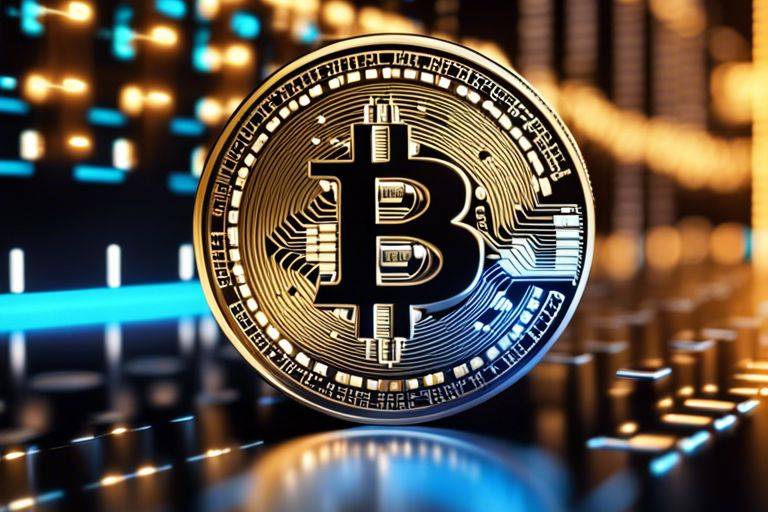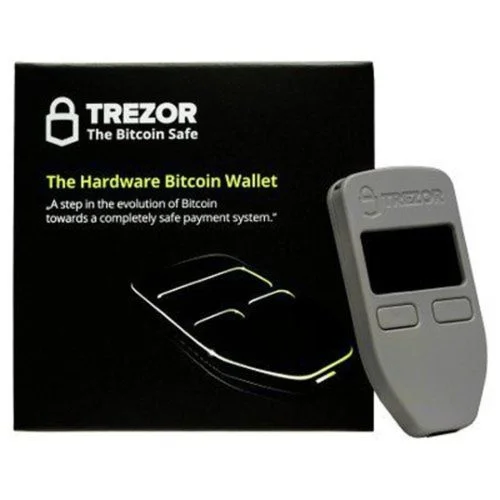The Coincheck Hack is a Teachable Moment – What we can learn from bank robbers and cryptocoin hackers.
News of one of Japan’s biggest cryptocurrency exchanges lost about $400 million in NEM tokens is spooking investors not only in Japan but across the world. Bitcoin dipped early this past Friday before the hack news became public but after it was announced Coincheck suspended virtually all operations for no given reason – at the time.
After hours of speculation Friday night, Coincheck Inc. said the coins were sent “illicitly” outside the venue. Co-founder Yusuke Otsuka said the company didn’t know how the 500 million tokens went missing, and the firm is working to ensure the safety of all client assets. Coincheck said earlier it had suspended all withdrawals, halted trading in all tokens except Bitcoin, and stopped deposits into NEM coins. We reported this on Friday as cryptocoin pricing tanked yet again.
NEM, the 10th-largest cryptocurrency by market value, fell 11 percent over a 24-hour period, to 87 cents, as of 2:30 p.m. Tokyo time Saturday, according to Coinmarketcap.com. Bitcoin dropped over 3 percent and Ripple plunged nearly 10 percent on Friday, according to prices available on Bloomberg. Late Saturday into this morning Bitcoin started a rebound as it always does with many other altcoins following suit, as they always do.
In Japan, one of the world’s biggest markets for cryptocurrencies, policy makers have introduced a licensing system to increase oversight of local venues, seeking to avoid a repeat of the Mt. Gox exchange collapse that roiled cryptocurrency markets worldwide in 2014. At that time, the theft of Bitcoin was estimated at about $450 million, though the final tally was a bit lower.
All well and good but government supervision won’t stop cryptocoin hackers from stealing crypto currency any more than the FDIC or the FBI can stop a bank robbery.
Cryptocurrency exchanges have suffered a string of outages and hacks amid the trading boom that propelled Bitcoin and its peers to record highs last year. Recently, Kraken was offline for three days and Coinbase has had to suspend various aspects of its platform due to burgeoning client activity brought on through explosive growth.
All over again The Coincheck hack is a teachable moment not only in enhancing security but scaling to meet ever-increasing demand.








